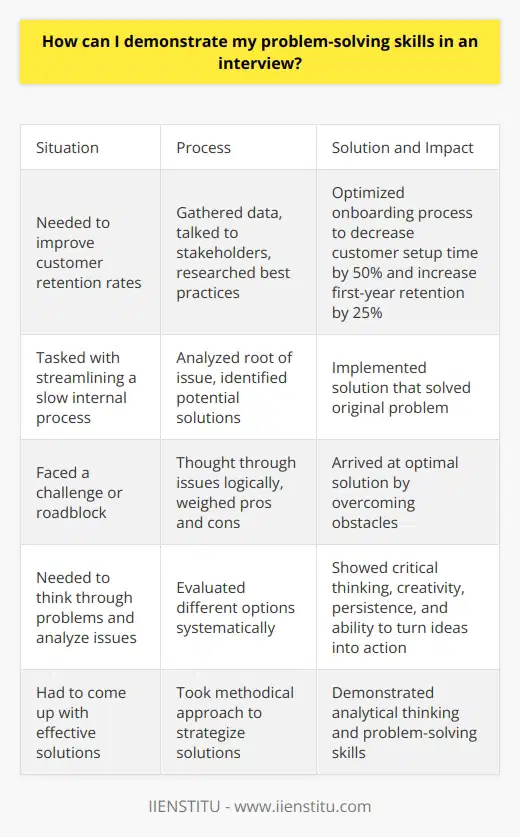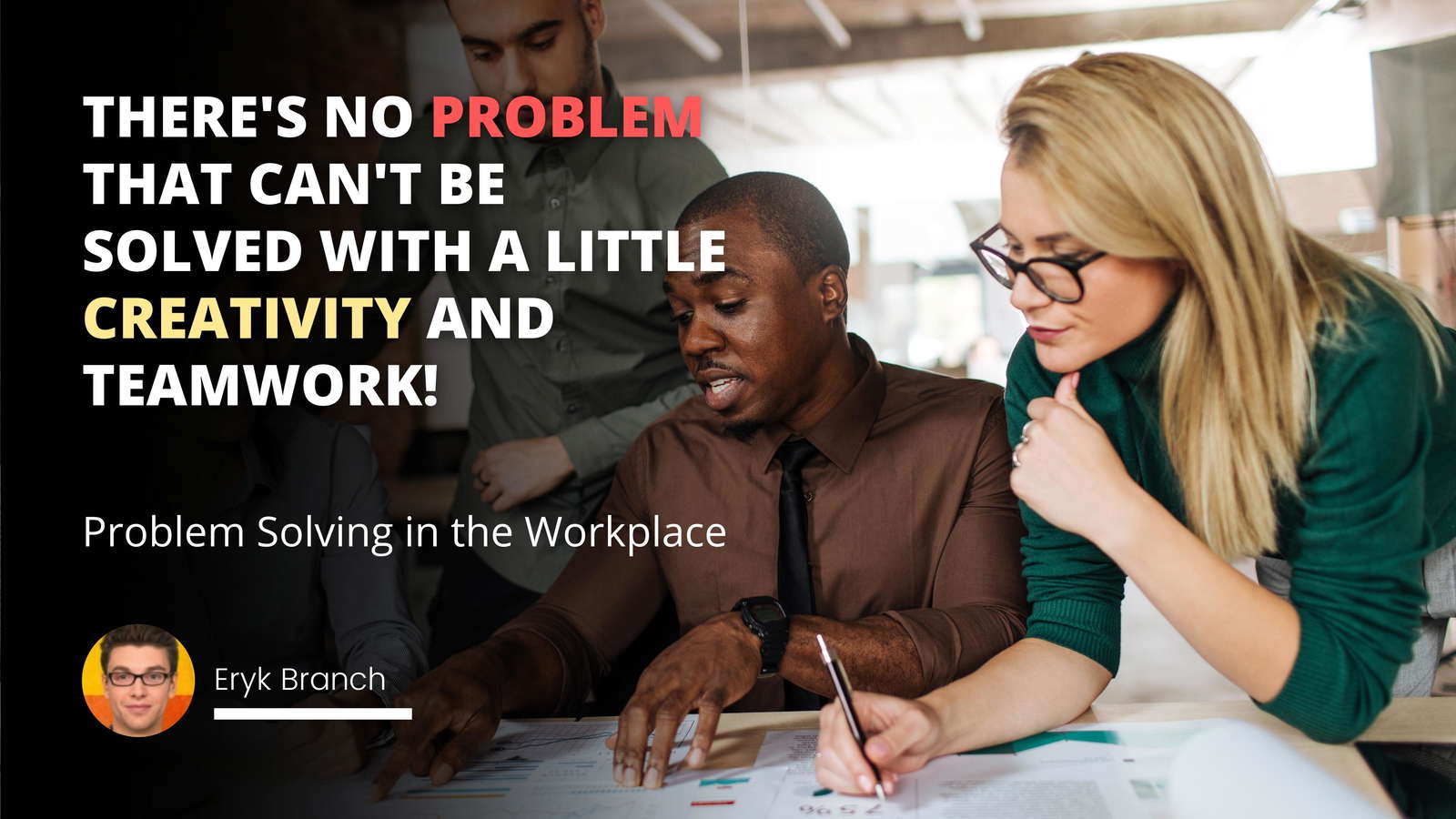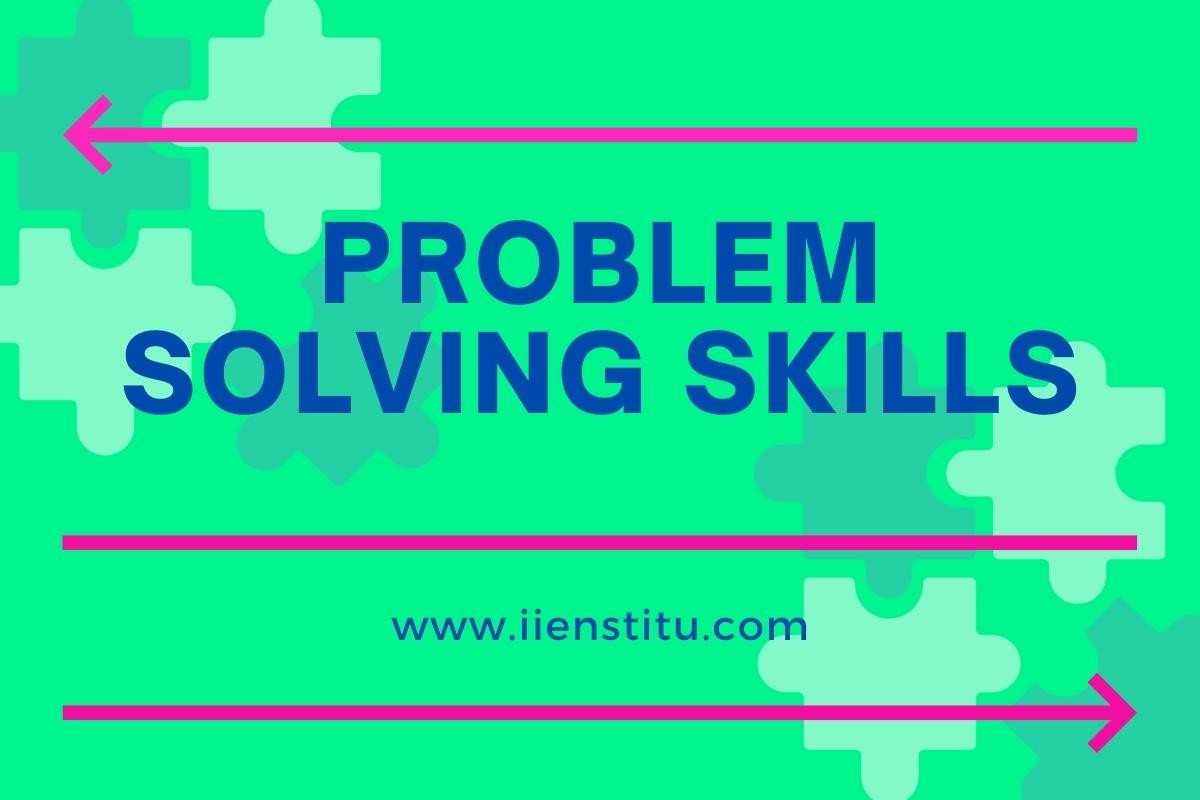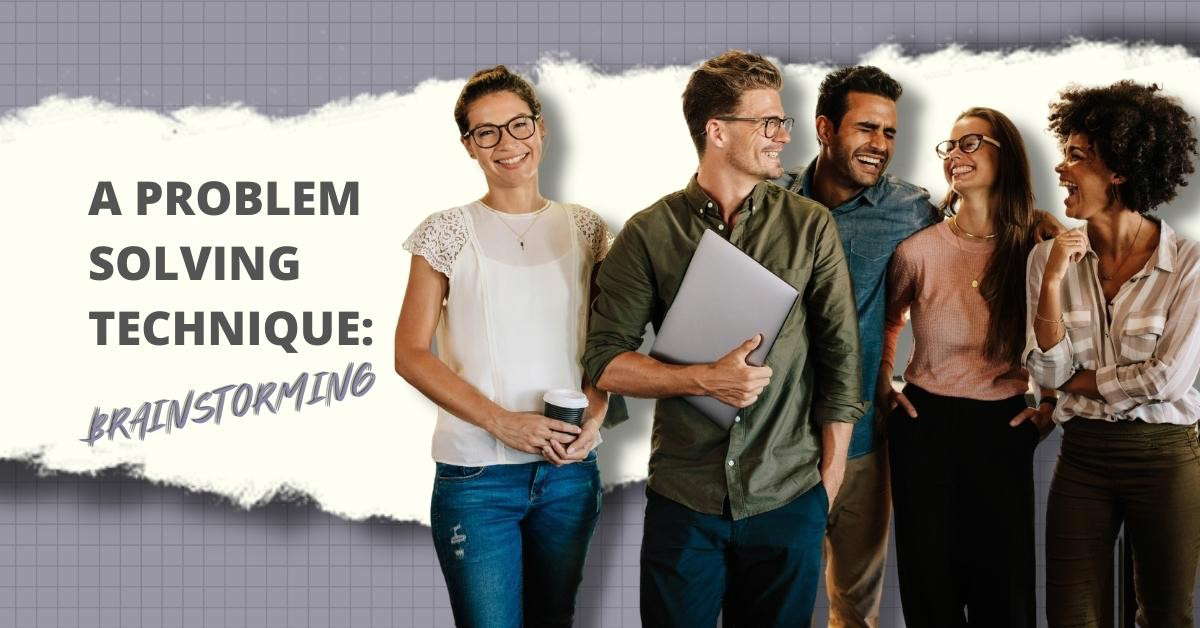
Are you someone who loves a challenge? Do you thrive when faced with complex problems that require innovative solutions? If so, then you already know the importance of problem-solving skills in today's fast-paced and competitive world.
However, even the most skilled problem solvers can sometimes encounter roadblocks that hinder their ability to find effective solutions. In this article, we will explore the factors that can hinder your problem-solving abilities and provide tips on how to overcome them. So, let's dive right in!
Why This Question is Asked and Its Purpose (What Hinders Your Problem Solving?)
During an interview, hiring managers often ask candidates about their problem-solving skills to assess their ability to think critically and find creative solutions. This question helps employers gain insights into the candidate's problem-solving approach, analytical thinking, and ability to overcome challenges.
By asking this question, interviewers aim to evaluate the candidate's problem-solving mindset, adaptability, and resilience when facing obstacles in the workplace.
Levels of Interviews this Question is Asked
The question "What hinders your problem solving?" can be asked at various levels of interviews, ranging from entry-level to managerial positions. It is a question designed to assess problem-solving skills across different job roles and industries. Employers want to identify candidates who can think on their feet, find innovative solutions, and overcome obstacles in their work.
Expected Answers
When answering this question, it is crucial to provide a well-thought-out response. You should demonstrate self-awareness by identifying the main factors that hinder your problem-solving abilities. Additionally, you can highlight the steps you take to overcome these challenges and continuously improve your problem-solving skills.
Interview Question: How Did You Cultivate Your Time Management Skills?
Interview Question: What Challenges Your Problem Solving Most?
Possible Answers
Lack of information or understanding: One common hindrance to problem-solving is a lack of essential information or a deep understanding of the problem. When faced with such a situation, it is important to gather all the relevant facts, conduct thorough research, and seek guidance from subject matter experts. This will help you develop a comprehensive understanding of the problem and enable you to generate effective strategies to solve it.
Emotional barriers: Sometimes, our emotions can hinder our problem-solving abilities. If we are stressed, anxious, or overwhelmed, it becomes challenging to approach problems with a clear and focused mind. To overcome emotional barriers, it is crucial to practice stress management techniques, such as deep breathing exercises, meditation, or physical activity. By reducing stress levels, you can approach problems with a calm and rational mindset, making it easier to find solutions.
Limited perspective: Another hindrance to problem-solving is having a limited perspective. When we are solely focused on our own point of view, we may fail to consider alternative perspectives and potential solutions. To overcome this, it is essential to cultivate a growth mindset and actively seek diverse opinions and ideas. Collaborating with colleagues, participating in brainstorming sessions, and seeking feedback can expand your perspective and enhance your problem-solving abilities.
Fear of failure: The fear of failure can paralyze our problem-solving efforts. When we are afraid to make mistakes or take risks, we become hesitant to explore innovative solutions. Overcoming this fear requires embracing failure as an opportunity for growth and learning. By adopting a growth mindset, you can view setbacks as valuable experiences that contribute to your overall development as a problem solver.
Related Course: Free Stress Management Course
Table of Factors Hindering Problem Solving
Table of Answer Guidance
Table of Purpose of Questions
Tips for Answering
When answering this question, keep these tips in mind:
Be self-aware: Identify the main factors that hinder your problem-solving abilities and be honest in your response.
Provide specific examples: Back up your answer with real-life examples that demonstrate how you have encountered and overcome hindrances in the past.
Emphasize continuous improvement: Highlight the steps you take to continuously improve your problem-solving skills, such as seeking feedback, learning from failures, and staying updated on industry trends.
Showcase adaptability: Demonstrate your ability to adapt to new situations and challenges, emphasizing your flexibility and resilience in problem-solving.
Problem-solving is a critical skill in today's workplace, and it's important to recognize the factors that can hinder our problem-solving abilities. By being self-aware, open-minded, and adaptable, we can overcome these obstacles and become more effective problem solvers.
Remember, problem-solving is a journey of continuous learning and improvement, and each challenge presents an opportunity to grow.
Similar questions:
What obstacles do you typically encounter when trying to solve problems?
How does your mindset impact your ability to solve problems?
Are there any specific distractions that hinder your problem-solving process?
In what ways does procrastination hinder your problem-solving skills?
How does stress or pressure affect your problem-solving abilities?
Are there any personal biases that impede your problem-solving abilities?
What role does lack of information or resources play in hindering your problem-solving?
How does fear of failure hinder your problem-solving approach?
Are there any cultural or societal factors that hinder your problem-solving abilities?
How does your past experiences or trauma impact your problem-solving abilities?
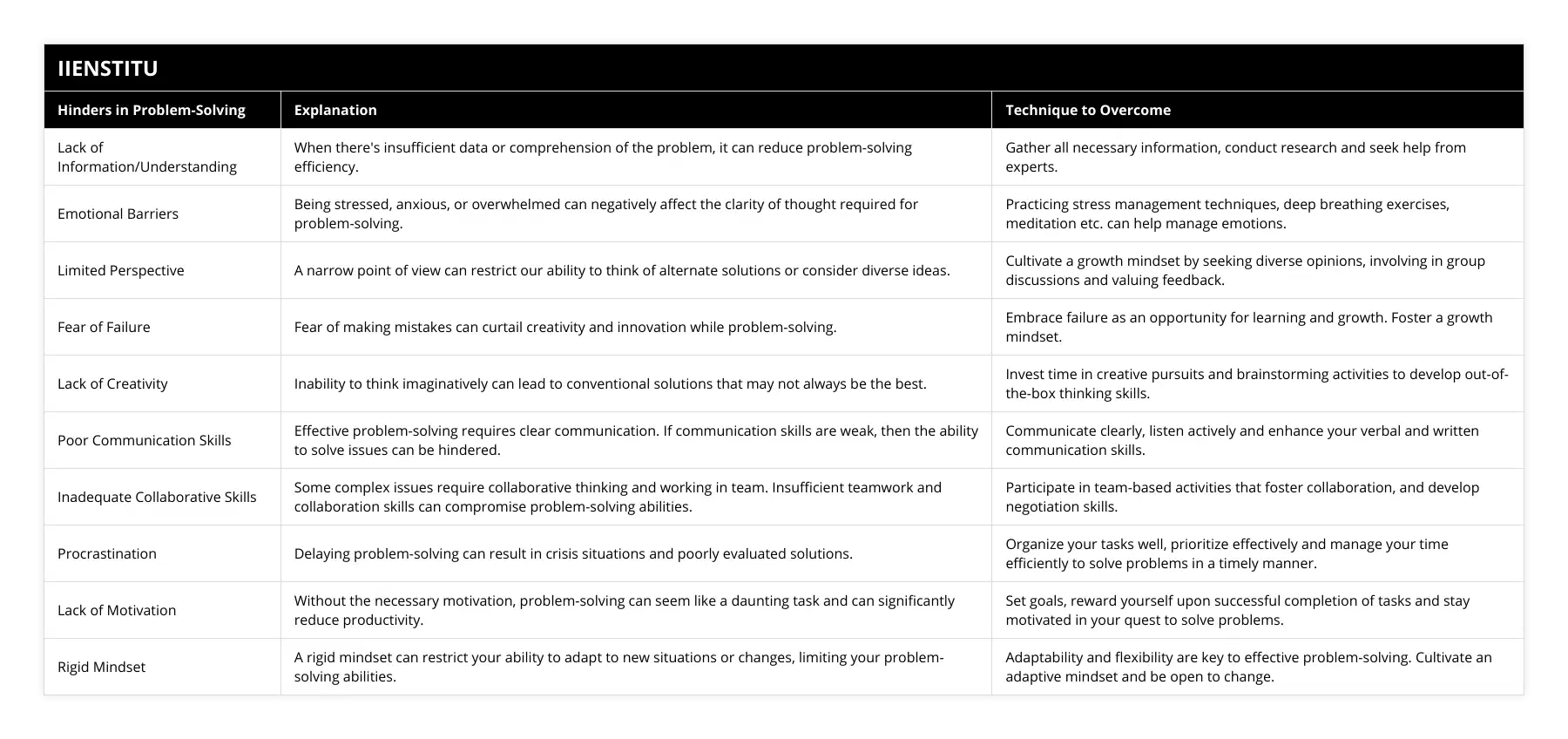
Frequently Asked Questions
How can I improve my problem-solving skills?
To improve your problem-solving skills, practice critical thinking, gather relevant information, consider multiple perspectives, and embrace a growth mindset. Additionally, seeking feedback, collaborating with others, and continuously learning can enhance your problem-solving abilities.
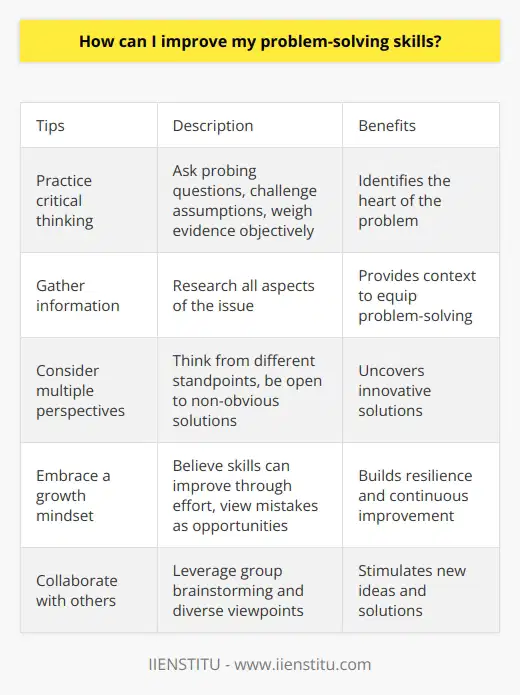
Can problem-solving skills be learned?
Absolutely! While some individuals may have a natural inclination for problem-solving, these skills can be learned and developed over time through practice, experience, and a willingness to learn from failures.
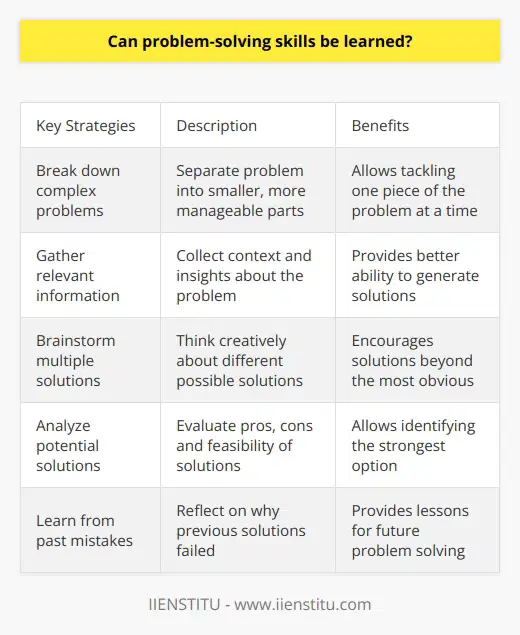
How can I demonstrate my problem-solving skills in an interview?
To demonstrate your problem-solving skills in an interview, provide specific examples from your past experiences where you encountered challenges and successfully implemented solutions. Explain your approach, the steps you took, and the results achieved. Highlight your ability to think critically, adapt, and continuously improve.
